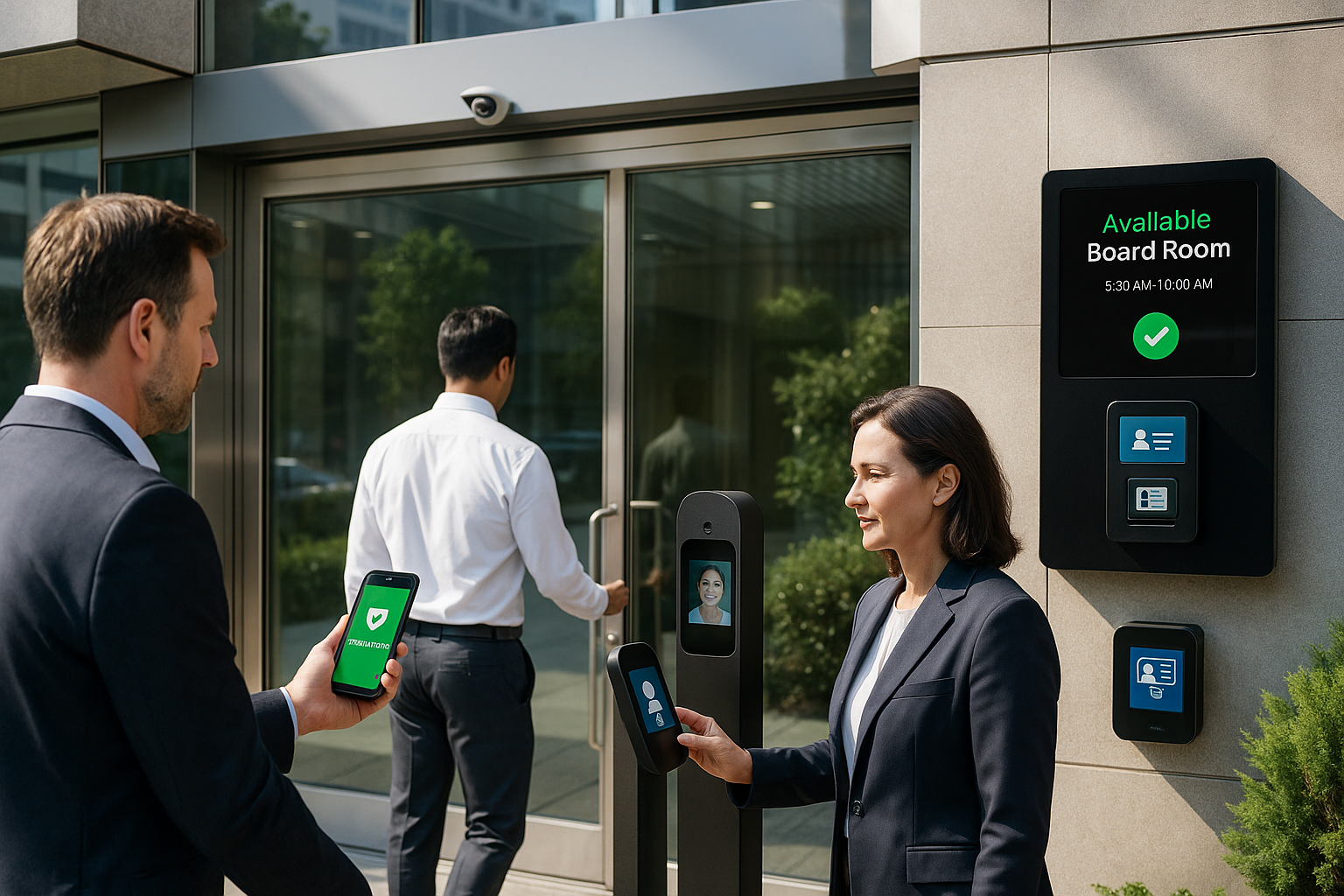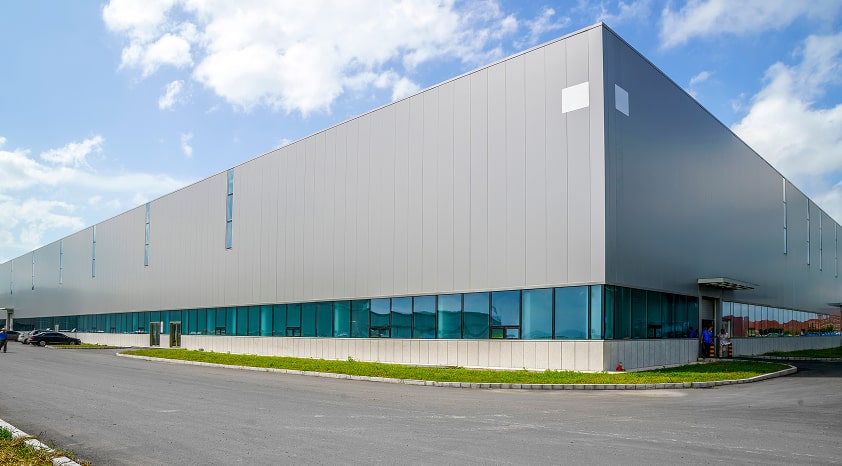For centuries offices have been allocating a desk per employee, their own safe space within the workplace, and a permanent workstation for whatever they happen to be working on.
However, as offices slowly reopen and the 9-5 workdays, 5 days a week traditions are being changed, could the idea of the permanently allocated desk be incorrect, too? Are there more effective ways to manage the workspace, cut down on overhead costs, and encourage socialisation, collaboration and social distancing between employees and teams?Veris introduces hot-desking, or desk booking. The basic principle behind desk sharing is that no one has a permanent desk – workstations are booked on a temporary basis, usually via mobile apps and physical screens placed at desks.

The Benefits
Desk sharing enables enterprises to save large costs, space and reduces environmental impact. This also improves employee work/life balance, and maintain control over the workspace itself. Offices can increase the size of the workforce without actually expanding office space.
The Challange
Desk sharing is a relatively simple procedure but as a concept, it can be confusing for a workforce used to the traditional methods. Multiple questions arise from the introduction of desk sharing – what if no desk is available? What if my team and I are separate?
Will my booking get cancelled without me knowing? It’s important to know that a desk sharing scheme in the most painless way possible, with the utmost confidence, and communication between employees.
The One Solution
While some organisations may want to try and manage the desk sharing process themselves, there are many positives to the use of a robust desk booking system.
An ideal solution provides the following key characteristics:
- Flexibility: Employees can book individual desks across different days.
- Synchronisation: Employees can sync their bookings outside and within their teams, so disruption is kept to a minimum.
- Ease: It’s easy for employees to book a desk before they arrive at the office, via a mobile app
- Communication: Employees can search for and locate colleagues ensuring smooth communication, particularly within large organisations.

This simple change will cause a domino effect of other changes to support this one simple fact. When a desk moves from a permanent space to a shared space, it must be booked. It makes no economical sense to allow someone who works in the office a few days a week to keep their permanent desk. Empty spaces damage the socialization aspect of the office, as the make the office feel less welcoming.
Workers can check who else they want to collaborate with is in the office on a given day, and find and schedule the right space.






































.avif)
.avif)





